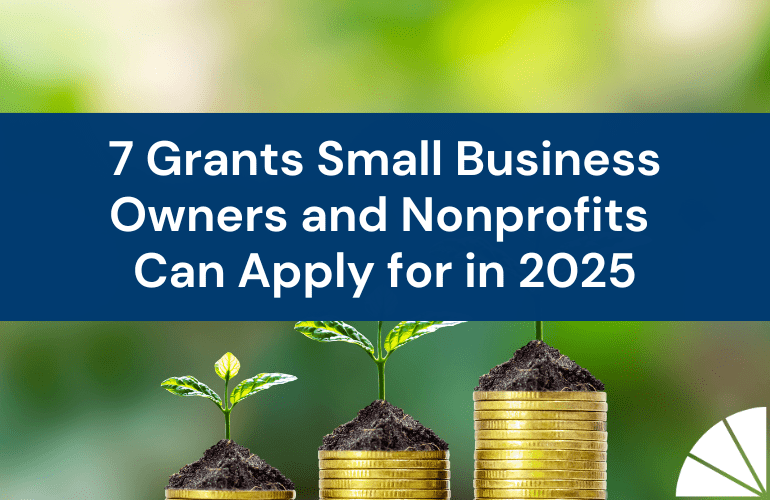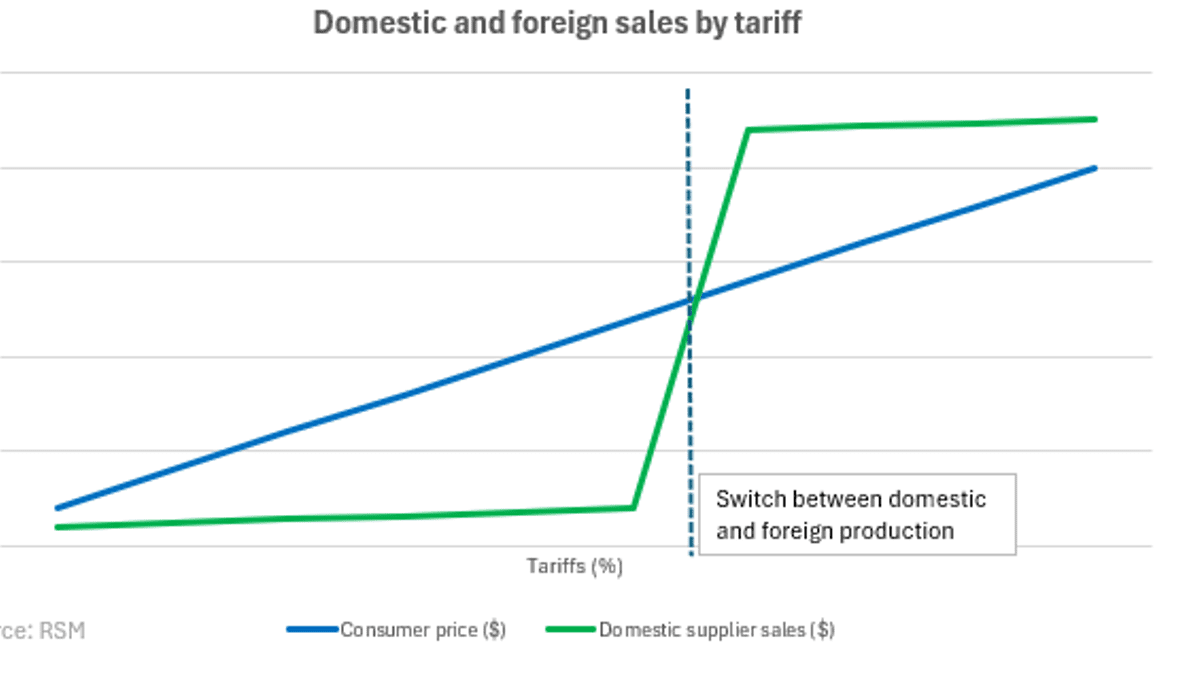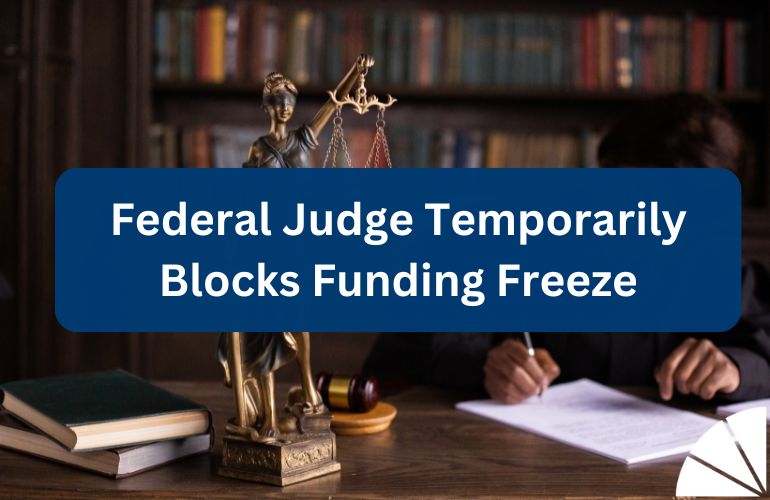
While there has been a considerable spike in demand for nonprofit services, the economy is such that charitable giving has decreased. Fundraising efforts have been hampered, and nonprofits are looking to cut costs wherever they possibly can. But, the short-term savings experienced from forgoing the right nonprofit insurance coverage might not be so helpful in the long run.
For some nonprofits, emerging liabilities and risks due to the COVID-19 pandemic have changed what their definition of “the right nonprofit insurance coverage” really is. Your organization has to determine which policies are necessary, as opposed to just ideal. With policies ranging from general liability, workers’ compensation, and directors and officers coverage to event cancellation, cyber liability, and everything in between, nonprofit leaders have a lot to consider in terms of potential risk-financing measures and possible claims. Reviewing the coverage within your current policies is a good place to start.
Commercial General Liability Insurance – Your commercial general liability (CGL) policy protects your organization and employees against bodily injury and property damage claims, which should include COVID-19-related bodily injury claims made against your organization by consumers or clients. Take a look at your CGL policy to determine whether you need a separate policy to cover the liability exposure of volunteers. Keep in mind that CGL policies don’t cover property damage and bodily injuries caused by vehicles. Even if your organization doesn’t own vehicles, you can protect your nonprofit from the risks associated with the travel of your employees and volunteers with a non-owned auto policy. If you provide professional services, such as counseling or healthcare, it may be prudent to obtain a separate professional liability policy, which provides coverage for claims related to malpractice or errors and omissions in providing a professional service.
Directors & Officers Insurance – D&O coverage is essential in protecting the personal assets of your directors and officers in the event of a claim for a wrongful act, mismanagement of the organization, or misallocation of resources. Typically, these policies will not cover certain misconduct, such as deliberate fraud, dishonesty, or willful violations of the law. But D&O coverage is more critical now than ever. If management fails to observe COVID-19 protocols, claims could follow. Directors and officers may face claims related to stakeholders’ economic losses if they feel losses were due to an unreasonable action or lack of action in response to the pandemic.
Workers’ Compensation Insurance – If you have employees, your state probably requires that you carry workers’ compensation insurance for job-related injuries. Each state has its own laws. A few states monopolize workers’ compensation and prohibit purchasing coverage through a private insurance seller. Although there are a few states with slightly higher employee thresholds, most states (including Massachusetts) require coverage if you have even one employee. It’s crucial for your organization to understand and comply with applicable workers’ compensation laws.
Property Insurance – While a CGL policy may protect against claims of damage your organization, employees, or volunteers caused, a separate property insurance policy is needed to cover damage to your organization’s property and equipment caused by others. Many property insurance policies include business interruption insurance; however, you must read the terms of your policy carefully. Some nonprofits are finding that COVID-19 related interruptions are not covered because these closures were not due to “damage or destruction of property.”
Event Cancellation Insurance – Look into whether your nonprofit has purchased event cancellation insurance for any fundraising events canceled due to COVID-19. If it was canceled due to a government ban, or if it will be impossible to hold a future event, there’s potential there to recover losses. Some policies have terms specific to communicable diseases, so, once again, any “devils” will be in the details of the terms of your policy.
Cyber Liability Insurance – Any organization that collects personal information is exposed to cyber liability. Not only can information be released accidentally, but a disgruntled employee or volunteer could put your data at risk for intentional release. Unfortunately, the pandemic has opened up new opportunities for hackers and scammers, which means phishing, malware, and other cybersecurity threats have increased. If any employees are working remotely, your security risks also increase. And read those policy details! Often, insurers have specific coverage stipulations related to running a nonprofit out of a home office.
Contact LGA
The nonprofit and audit and assurance teams at LGA are committed to helping organizations fulfill their missions, remain in compliance with rules and regulations, and navigate challenging times armed with best practices and recommendations. If you’d like to talk about your nonprofit’s advisory, accounting, or tax needs, contact me today.
by Robert F. Hart, Jr., CPA, MST






